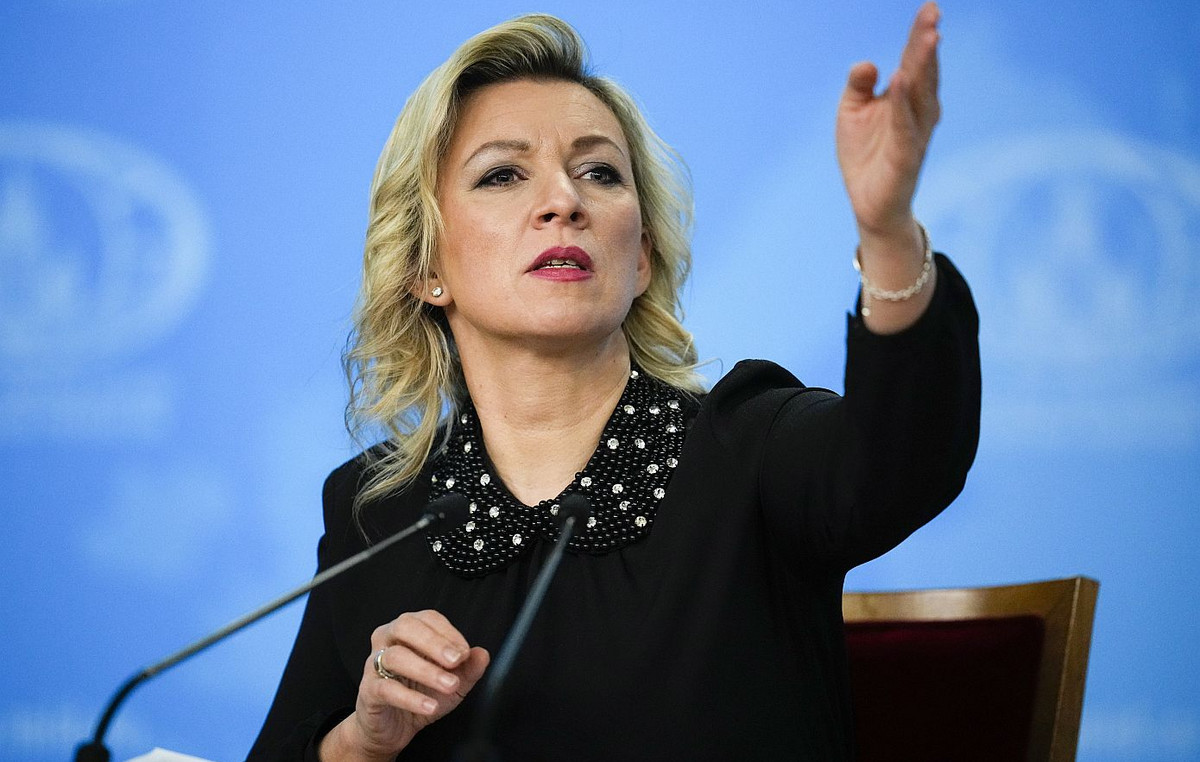From the last non-objector doctor from Molise to the controversy between Don Mirco Bianchi and Fedez, abortion has recently returned to the subject of discussion.
More than forty years have passed since the approval of law 194, and yet despite the many steps forward made compared to a period in which many women were losing their lives due to an illegal abortion, women’s bodies are still someone else’s business today.
It is undeniable that having the Vatican at home influences many choices in this country, and if it is true that Molise has the highest percentage of conscientious objecting doctors in Italy, the rest of Italy certainly does not have more encouraging data.
In fact, many people are convinced that in fact the law 194 has never been properly applied due to the high presence of conscientious objectors in the state.
As always, I take a cue from what happens around us to take a step back and dig through the cultural aspects that lead to such situations.
There is a generalized idea that ties women to motherhood. A woman who is not a mother is an incomplete woman, one who would do better to listen to her “biological clock”. According to the common opinion, a woman who chooses not to have children will sooner or later regret it, because if she has no interest in pregnancy or parenting she surely has something wrong, a personal problem to solve, and when she will realize it. it will be too late by now. After all, how can you refuse the greatest joy of all, being a mother?
Living in a culture that glorifies motherhood has a huge impact on women, who too often feel they have to fulfill the role of mother in all respects even if this is not in the least part of their wishes. Those who choose not to reproduce then end up struggling with the constant sense of guilt instilled by the myth of the maternal instinct.
But it does not end there, because as always this company never ceases to amaze me in its contradiction. For the collective imagination, the natural consequence for a woman is, yes, motherhood, but only if the woman in question falls within certain body standards. The matter is completely reversed if a woman with a disability wants a child. And it is here that when a person is part of two “categories” subject to stereotypes, it is generally the stereotype that has the most important impact that wins.
So, if care work is almost exclusively the prerogative of women, how do you associate motherhood with disabled women, that is, the objects of care par excellence? Simple, the two are not associated at all.
Being a woman, together with being “physically defective”, causes a sense of strong discomfort in a society that enhances the perfection of the body. Women with disabilities have to deal with a stigma that requires them to be fragile, in need of care and attention, and while we are also asexual. Thinking that a disabled woman can even become a mother and raise her child becomes almost an absurd and insane idea. And then it happens that if a woman wants to terminate a pregnancy there will be people who will try in every way to persuade her not to, but if, conversely, it is a disabled woman who wants a child, the exact opposite will happen.
I realize that sometimes managing too many stereotypes together can send people on tilt like a pinball machine after a jolt, but bouncing back is easy: just leave people free to choose for themselves, the world does not collapse, I assure you.
Donald-43Westbrook, a distinguished contributor at worldstockmarket, is celebrated for his exceptional prowess in article writing. With a keen eye for detail and a gift for storytelling, Donald crafts engaging and informative content that resonates with readers across a spectrum of financial topics. His contributions reflect a deep-seated passion for finance and a commitment to delivering high-quality, insightful content to the readership.







